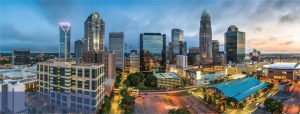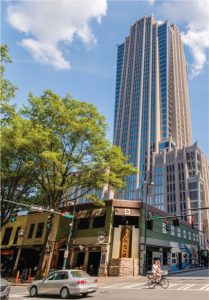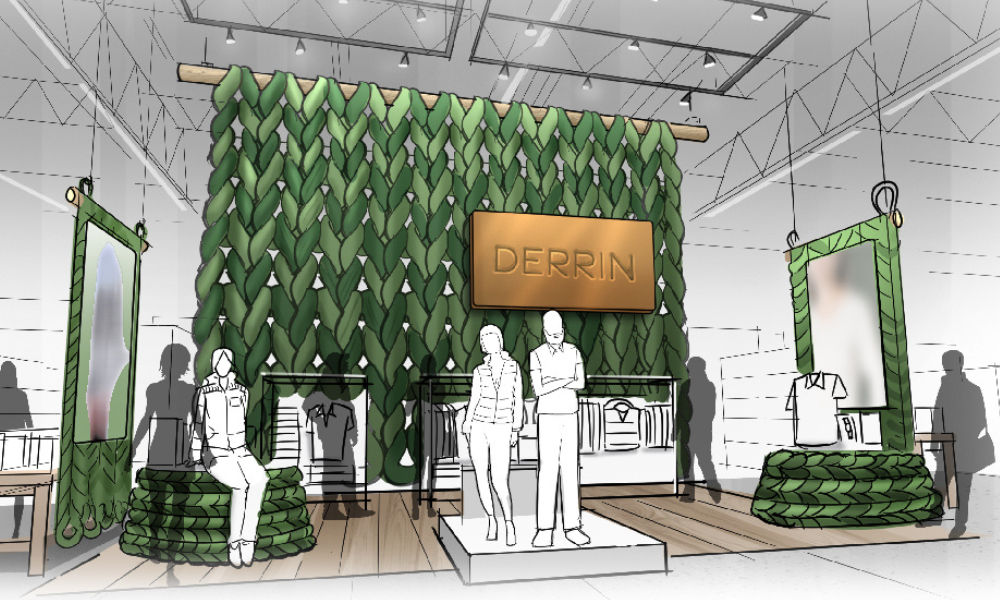The Numbers
As the 17th largest city in the U.S. and second largest in the Southeast, nearly 860,000 people call Charlotte, N.C., home, according to the U.S. Census Bureau. Over a 10-year period from 2004 to 2014, Charlotte was known as the fastest-growing U.S. city, with an astonishing decade-long growth rate of 59.6 percent, per Census figures. Home to the corporate headquarters of Bank of America and the East coast home to Wells Fargo, the city is recognized as the second-largest banking center in the U.S.
The Pulse
Colloquially known as the Queen City, it got its nickname when a group of loyalists to the British Crown named the former settlement “Charlotte Town,” after King George III’s new wife, Queen Charlotte Sophia of Mecklenburg-Strelitz of Germany. The county where Charlotte resides also bears the name Mecklenburg as a reference to the past Queen.
Charlotte boasts a cultural blend of historic charm and modern amenities, and its climate and cost of living are considered manageable when compared to other major cities in the region. In fact, it was rated one of 20 “Best Places to live in the USA” by U.S. News and World Report in 2016, thanks in part to abundant job opportunities and access to higher education at schools like the University of North Carolina at Charlotte (UNC Charlotte); Johnson & Wales University; Queens University of Charlotte and Davidson College – all located in the city.
A growing economy is drawing new residents at record numbers; the city added nearly 300,000 new workers from 2005 to 2013, representing the fifth fastest job growth among U.S. cities.
Advertisement
The Hot Spots
Charlotte’s burgeoning population has translated into a flourishing food scene, with fine dining as readily available as classic Carolina barbeque. “F&B culture in Charlotte is super hot,” says Kathleen Jordan, Principal, Gensler (San Francisco), and a recent transplant to the city. “New restaurants are constantly popping up, and retail is working to catch up.”
Charlotte’s trendy South End neighborhood is known for its high concentration of craft breweries along with quirky chain Buffalo Exchange, which buys, sells and trades vintage men’s and women’s apparel. Visitors to NoDa, named for the neighborhood’s main street North Davidson, will experience the heart of the city’s art scene, with countless galleries nestled alongside indie boutiques and fine restaurants featuring cuisine from around the world.
Despite the influx of new residents, development of new retail has been purposeful and measured. “A lot of the independents in Charlotte have a strong sense of what retail should be,” says Jordan. “There are some very smart retailers who believe in doings things right.”
Obstacles and Opportunities
The rapid expansion Charlotte has experienced in the past decade has created some growing pains for the city in the form of year-round construction and ever-increasing commute times for those who work in the city center. However, the sacrifices residents might make now seem bound to pay off in the future as this aspiring metropolis continues to grow.
Advertisement
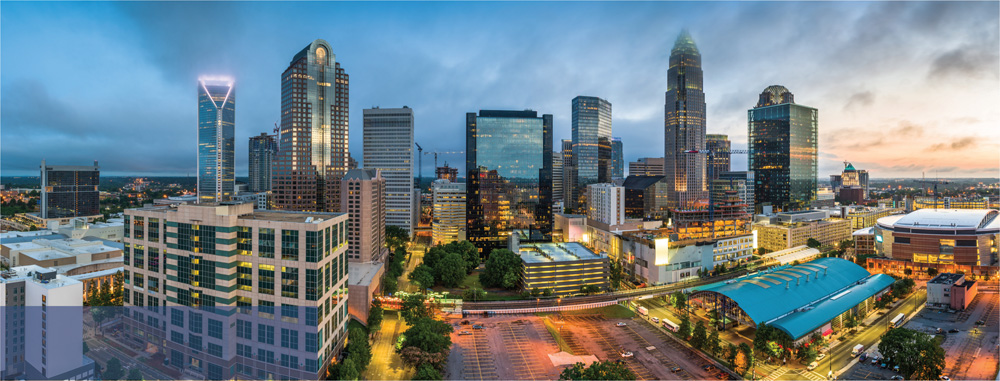

 Photo Gallery2 days ago
Photo Gallery2 days ago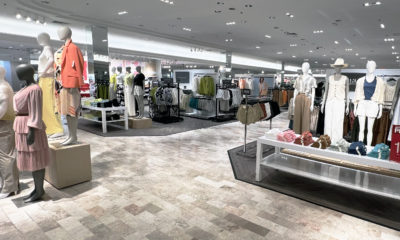
 Headlines1 week ago
Headlines1 week ago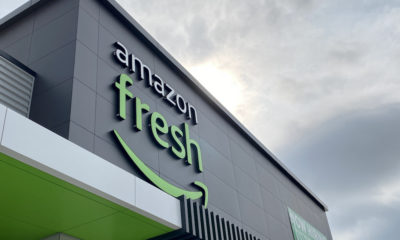
 Headlines2 weeks ago
Headlines2 weeks ago
 Headlines2 weeks ago
Headlines2 weeks ago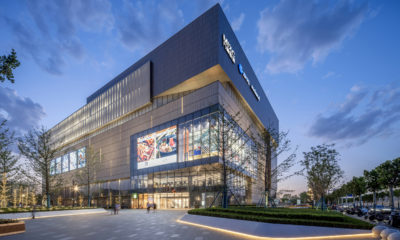
 Sector Spotlight2 weeks ago
Sector Spotlight2 weeks ago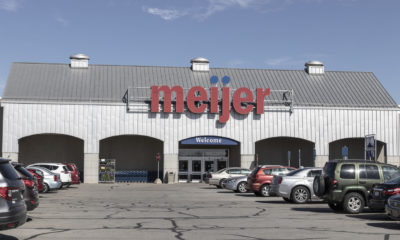
 Headlines1 week ago
Headlines1 week ago
 Headlines3 days ago
Headlines3 days ago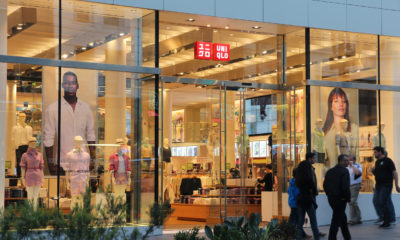
 Headlines1 week ago
Headlines1 week ago
